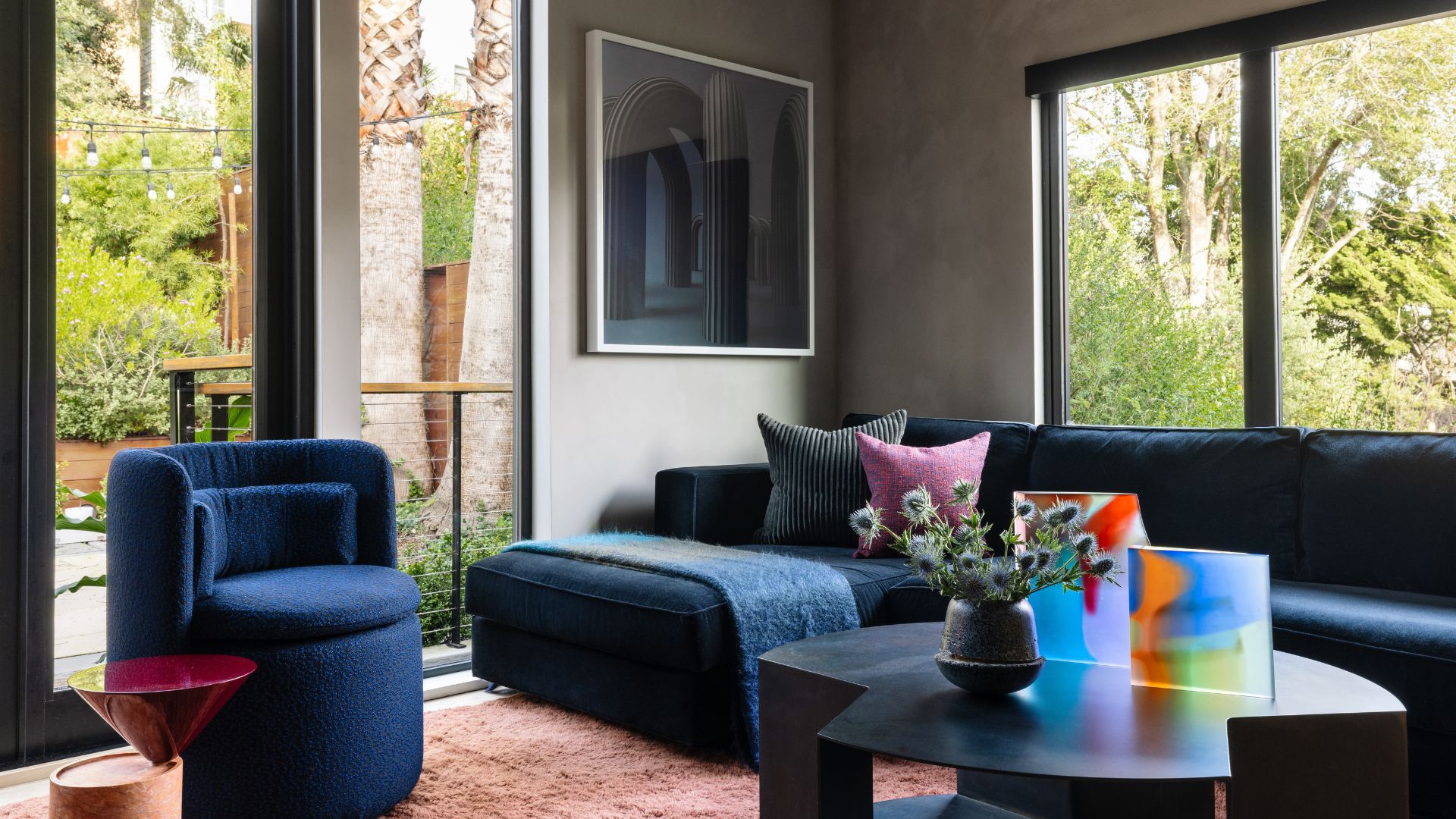Should You Close Vents in Unused Rooms? HVAC Experts Say No — And Here's Why
When it comes to basic home utility rules, this is one myth you can officially consider busted


With the drop in temperatures comes the unfortunate rise in electricity bills and this is one seasonal shift that's tough to tackle. After all, we can't seem to resist the tranquility that comes with a warm bubble bath amid a wintry chill. And what would Christmas movie marathons be without the cozy heat from your space heater?
Now, while acing the comfy factor is definitely one of our prime goals so is combatting winter home humidity. But especially when we're playing host, it's tough to wave off the nagging reminder that the bills will soon roll in. So it's common to adopt nifty tricks to save from spending. One of the more common mistakes people tend to make is closing the vents in unused rooms.
Perhaps you have a guest room to spare or a sunroom that's experiencing minimal foot traffic this year and so you've tamped shut the vents in these spaces. And we hate to break the bad news, but this happens to be a big HVAC red flag.
To find out more about why this practice is best avoided, we reached out to the experts and they've generously answered all of our questions about vents.
Should You Close Vents in Unused Rooms?

In conversation with Keith Wortsmith, president at Dash Heating, Cooling & Plumbing, he tells us that you should never close vents in unused rooms. In fact, he goes on to add that there is no exception to this rule.
"You might think closing vents in unused rooms is a good idea because it helps save energy and reduce bills," he notes. "And while that's true, the consequences of closing vents in specific rooms are so bad that even reduced bills aren't worth it."
Even if you have zoned heating, Keith finds that it typically doesn’t require closing vents, as the system is designed to do it automatically.
The Livingetc newsletters are your inside source for what’s shaping interiors now - and what’s next. Discover trend forecasts, smart style ideas, and curated shopping inspiration that brings design to life. Subscribe today and stay ahead of the curve.
HVAC expert Nick Barber explains that while it might seem like closing the vents in unused rooms will save energy, it's generally not advised. "Your HVAC system is balanced to operate at a certain airflow balance," he explains. "When vents are blocked, that balance is upset, which can potentially cause more harm than good."
So regardless of the type of heating in your home, we recommend keeping your vents open this winter.
What Are the Consequences of Closing Vents?

Whether you have a smart heating system or you've gone the more traditional route, shutting off your vents will lead to significant consequences.
Even if you close vents in some rooms, Keith points out that your heating system won't stop generating heat for these rooms and will continue pushing the exact amount of heated air needed for heating the whole house.
"When the pushed air doesn't find the path to be released, it creates other paths by creating cracks and gaps in your ductwork," he says. "Meanwhile, the blower motor must work harder to push air against this increased resistance in the ductwork, which leads to premature wear on the system's parts and a reduction in the overall efficiency of home heating."
Over time, he explains that you risk dealing with even higher bills, damaged ducts, and expensive repairs to the blower motor or heat exchanger.
What Should You do Instead of Closing Vents?

According to Keith, a zoned heating system or manual dampers (such as this HVAC Duct Manual Volume Damper from Amazon) are perfect solutions for controlling temperatures in larger homes with unused spaces, like guest bedrooms, during winter.
He explains that a zoned system uses motorized dampers and separate thermostats to control the temperature in different parts of your home, which is especially useful for larger homes with unused rooms in winter. We recommend this Nest Smart Learning Thermostat from Walmart to control your home's temperature.
"If you want a simpler solution, manual dampers inside the ductwork can help reduce airflow to unused rooms without putting extra strain on your system," he advises. "I recommend leaving it to a professional to install both options to ensure they work correctly."
When it comes to optimizing your home for the seasonal shift and finding your own simple tricks to managing your utility bills, we encourage treating the experts' words as your primary source of guidance.
Instead of closing your vents in preparation for the cold temperature, we recommend adopting alternative efficient ways to save energy. You could also opt for a time switch, like this Indoor Mini 24-Hour Mechanical Outlet Timer from Amazonamong other expert solutions.
This way you can ensure that you're not doing more damage than aid by treating your empty rooms to shut vents.
FAQs
Does Partially Closing Vents Save Energy?
Nick explains that partially closing vents may save a small amount of energy, but it's not usually worth the risks.
"Even partial closures can increase pressure in your ductwork and decrease system efficiency," he notes. "The savings are negligible compared to the potential wear and tear on your HVAC system."
So if you're wondering if going halfway is the trick to try this winter, it's probably best if you avoid approaching this hack at all.

Amiya is a Home Wellness Writer at Livingetc. She recently graduated with a Masters Degree in Magazine Journalism from City, University of London, and has lent her words to beauty, fashion, and health sections of lifestyle publications including Harper’s Bazaar and Women’s Health. Her experience as a research analyst has equipped her with an eye for emerging trends. When she’s off the clock, she can be found reading, listening to music, or overanalyzing her latest Co-Star update.